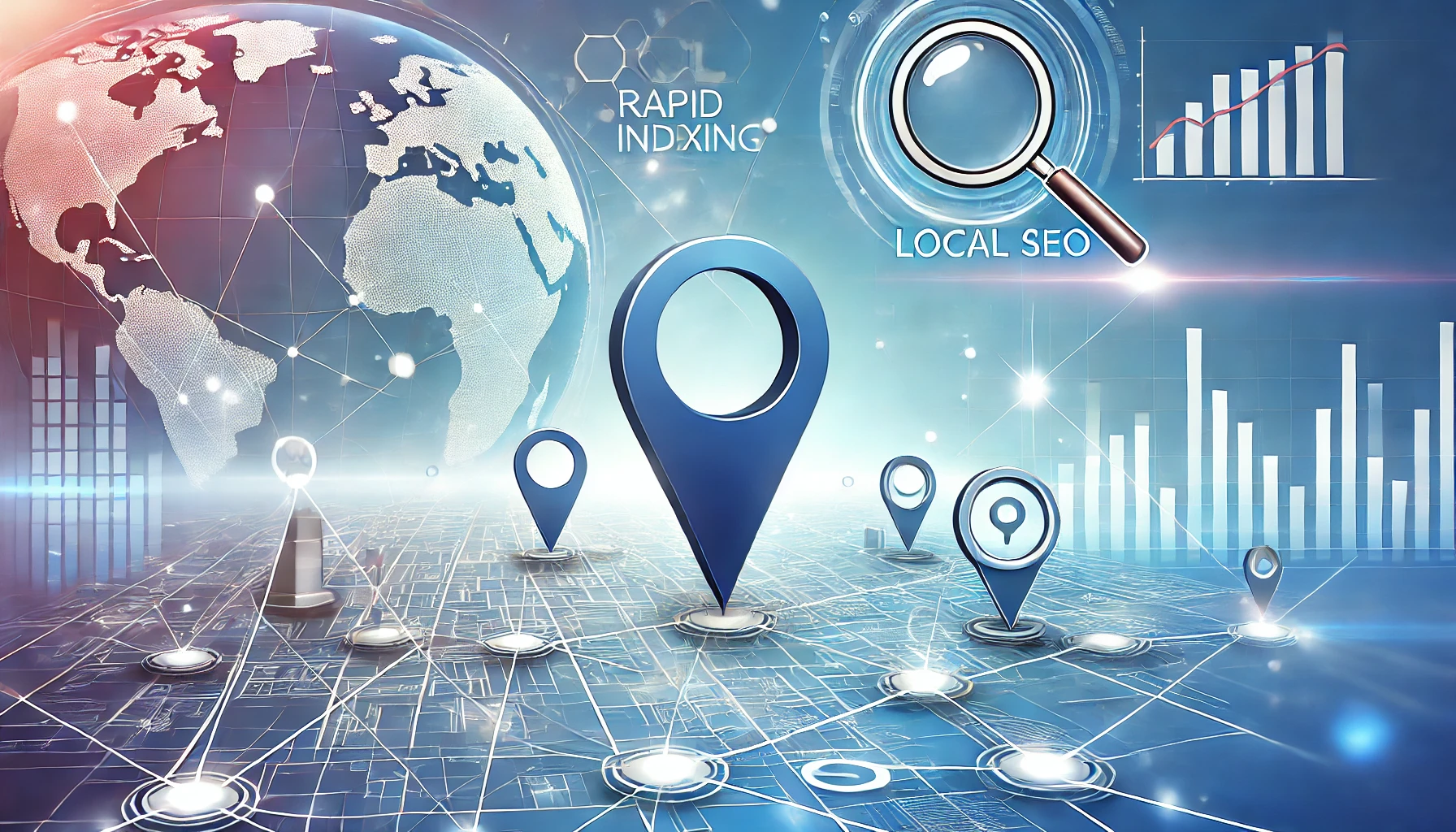In recent years, technology giants such as Amazon, Google, and Microsoft have evolved from being solely consumer-focused businesses to major players in global security. These companies now manage vast amounts of sensitive data, provide critical infrastructure for government agencies, and develop advanced technologies like artificial intelligence (AI) and cybersecurity tools. As governments and industries worldwide increasingly rely on these private corporations, the role of tech giants in national and international security has grown immensely.
This shift raises significant questions: How much power should private entities hold over public safety and national security? And what are the implications for privacy, sovereignty, and accountability? Understanding the influence of Technology Giants Control the Global Security is essential, as it sheds light on both the benefits and the risks of entrusting key aspects of security to the private sector.
The Rise of Technology Giants in Security
Tech giants like Amazon, Google, and Microsoft have expanded their roles beyond consumer services, now serving as critical players in global security. They provide cloud infrastructure, cybersecurity tools, and data analytics that governments and organizations rely on for operations and defense. This shift is driven by their vast resources, innovation in AI, and ability to handle large-scale data processing, making them indispensable in both national and international security frameworks.
Data Dominance and Surveillance Capabilities
Tech giants like Google, Amazon, and Facebook dominate data collection and analysis, managing vast amounts of personal and sensitive information. Through AI and big data analytics, they enhance surveillance capabilities, often working with governments on predictive policing and intelligence projects. While these tools improve public safety, they also raise significant privacy concerns due to the potential for misuse and the limited transparency in how data is handled.
Cloud Computing and National Security Contracts
Tech giants such as Amazon (AWS), Microsoft (Azure), and Google provide cloud infrastructure essential for government and military operations. These companies have secured major contracts, like the JEDI contract with the U.S. Department of Defense, to support data storage, intelligence, and secure communication.
By managing sensitive government data and critical systems, they play a key role in national security, enabling real-time data access and advanced analytics. However, this dependency raises concerns about control, accountability, and the implications of relying on private entities for core security functions.
Cybersecurity and Threat Mitigation
Technology giants are pivotal in cybersecurity, offering advanced solutions to protect against evolving cyber threats. Companies like Microsoft and Amazon provide comprehensive tools and services that help governments and businesses identify vulnerabilities, respond to incidents, and secure their digital infrastructures.
Their cybersecurity offerings include threat detection systems, incident response protocols, and continuous monitoring services that enhance overall security posture. By leveraging cutting-edge technologies and threat intelligence, these firms play a crucial role in mitigating risks and safeguarding critical information from cyberattacks, making them essential partners in national and global security efforts.
The Challenges of Regulatory Oversight
The rise of tech giants in the security sector poses significant challenges for regulatory oversight. They struggle to keep up with evolving technologies and lack technical expertise, making it difficult to create effective regulations. The global nature of tech companies complicates jurisdictional issues, and their influence on policy-making can lead to regulatory capture. The balance between innovation and security is delicate, requiring ongoing dialogue between tech firms, governments, and civil society.
Global Implications and Geopolitical Influence
The rise of technology giants control the global Security has significant implications for international relations and geopolitical dynamics. They provide critical infrastructure and security solutions, shaping global security policies and often transcending national borders.
Their collaborations with governments can enhance diplomatic relations but raise concerns about surveillance and data privacy. Countries may face competition to secure technological partnerships, potentially leading to conflicts over data sovereignty and national security. The geopolitical influence of tech giants requires careful consideration and dialogue to balance technological innovation with national and global security interests.
Potential Future Scenarios
As technology giants continue to evolve and expand their roles in global security, several potential future scenarios could emerge:
- Increased Regulation: Governments may implement stricter regulations to ensure accountability and transparency in how tech companies handle security and data privacy. This could lead to a framework that balances innovation with public safety.
- Enhanced Collaboration: We might see deeper partnerships between governments and tech firms, fostering shared resources and expertise in cybersecurity, data analytics, and surveillance. This collaboration could improve national security responses but may also increase surveillance capabilities.
- Geopolitical Tensions: As nations compete for technological superiority, conflicts may arise over data sovereignty and access to advanced security technologies. This could lead to increased tension and fragmentation in international relations.
- Ethical Standards Development: The rise of AI and autonomous systems could prompt the establishment of global ethical standards to govern their use in security, ensuring that technologies respect human rights and privacy.
- Decentralized Security Solutions: Emerging technologies, such as blockchain, may pave the way for decentralized security solutions that reduce reliance on major tech companies, empowering individuals and smaller entities to protect their data.
FAQs
What are the privacy concerns with tech companies’ surveillance tools?
Tech companies develop tools like AI-driven facial recognition and video surveillance that enhance monitoring capabilities. While these tools assist law enforcement, they also raise privacy concerns about data collection, misuse, and potential infringements on personal freedoms.
How do tech giants shape cybersecurity standards?
By setting frameworks and best cybersecurity practices, tech giants influence global standards that governments and corporations adopt. Their standards often become benchmarks for securing critical systems, making them key players in defining safe digital practices worldwide.
Why Do Governments Rely On Tech Companies For Security?
Governments rely on tech companies due to their advanced technologies, resources, and expertise in handling large-scale data and cybersecurity. This reliance allows governments to leverage state-of-the-art security solutions without developing them in-house.
What Are The Ethical Concerns Around Technology Giants Control The Global Security?
Ethical concerns include potential overreach in surveillance, data privacy issues, and the concentration of security power in a few private corporations. There are worries that tech companies may prioritize profit over privacy or wield excessive influence in public security matters.
Conclusion
The rise of Technology Giants Control the Global Security presents both opportunities and challenges. They play a crucial role in data management, cybersecurity, and surveillance, reshaping government security policies. However, their innovations raise ethical concerns about privacy, accountability, and power concentration. Balancing tech expertise with robust regulatory frameworks is essential. Dialogue between governments, tech companies, and civil society is crucial for navigating this evolving landscape while safeguarding individual rights and national security.



One thought on “How Technology Giants Control The Global Security”